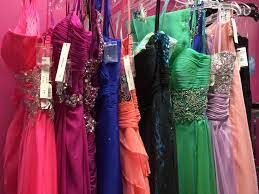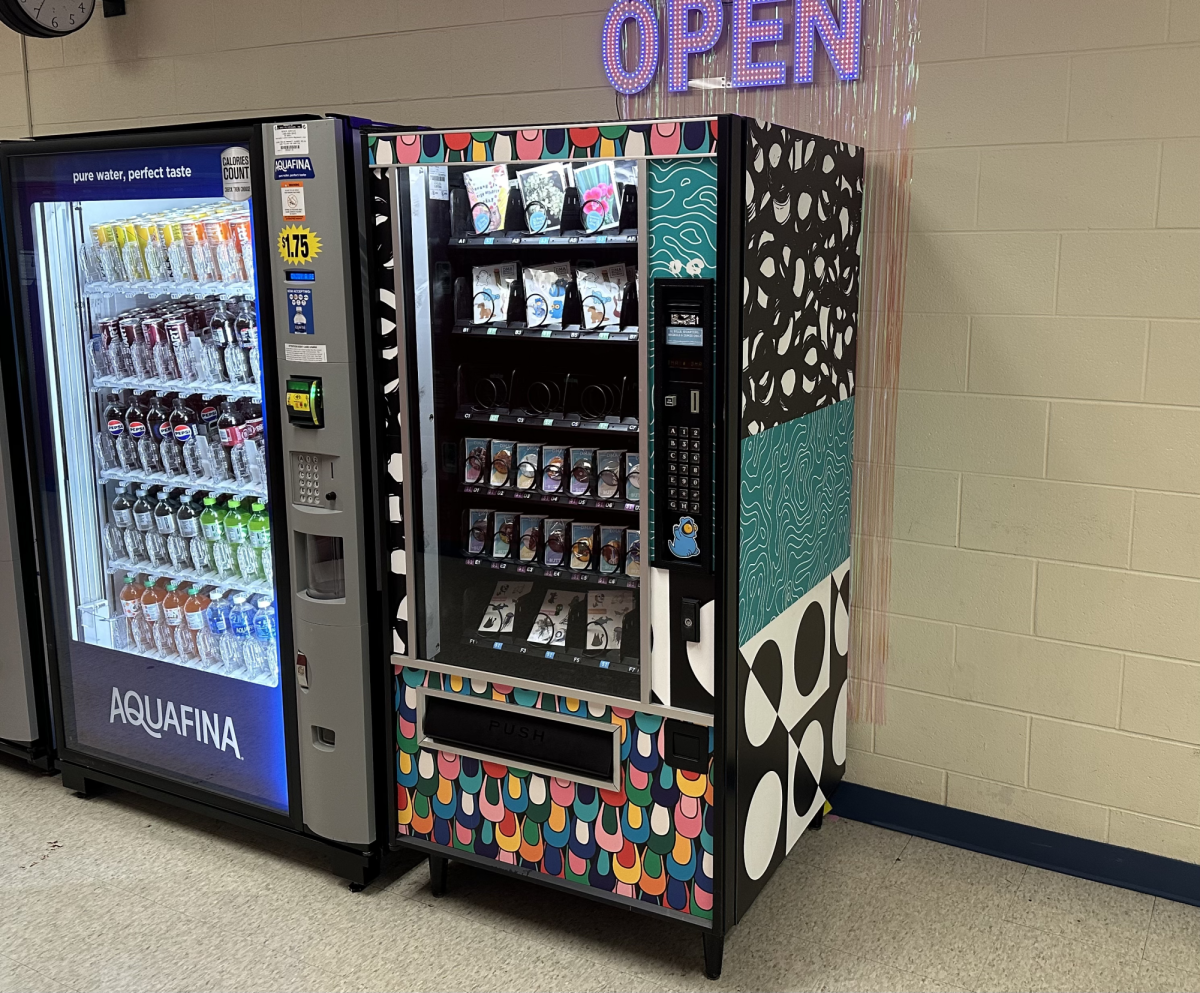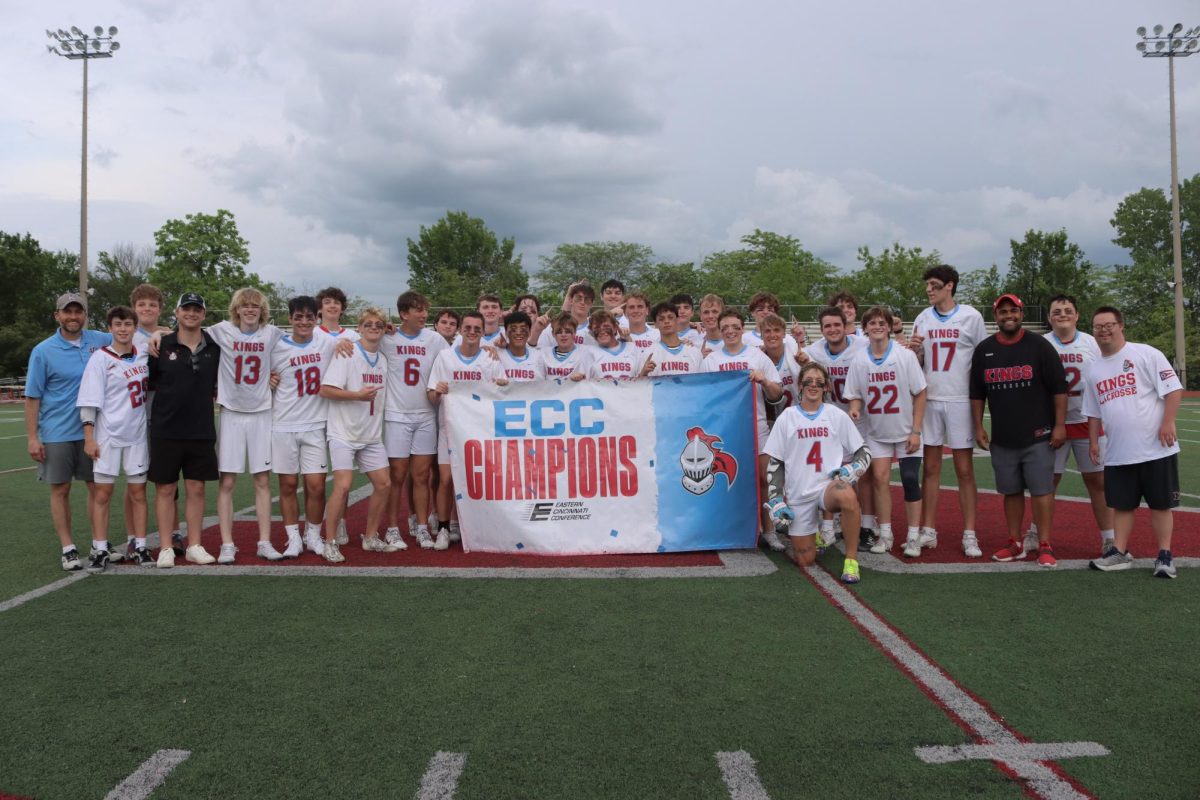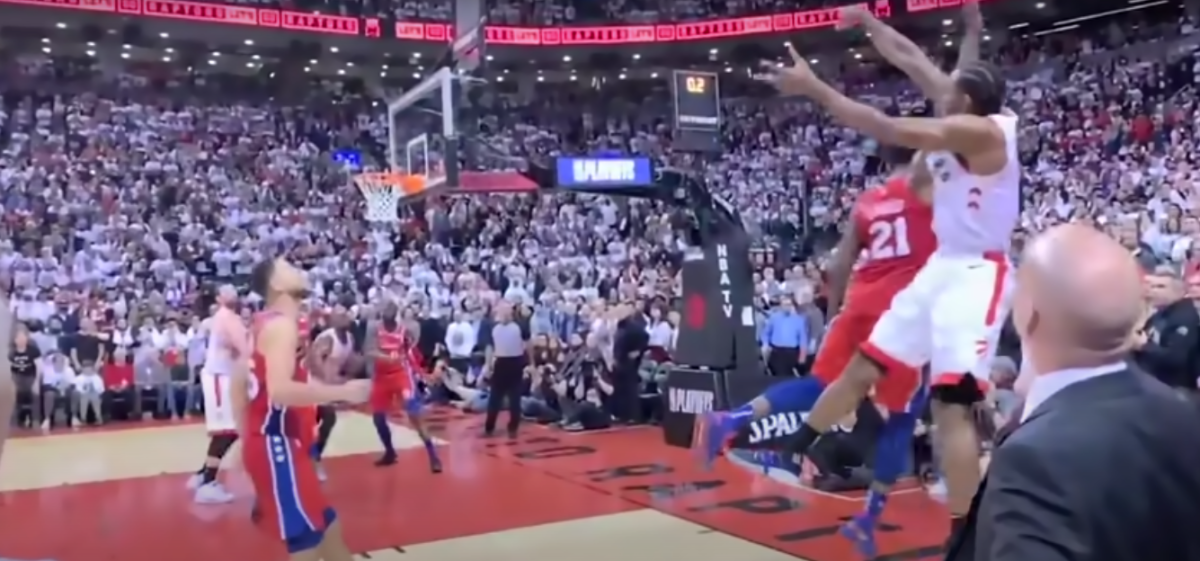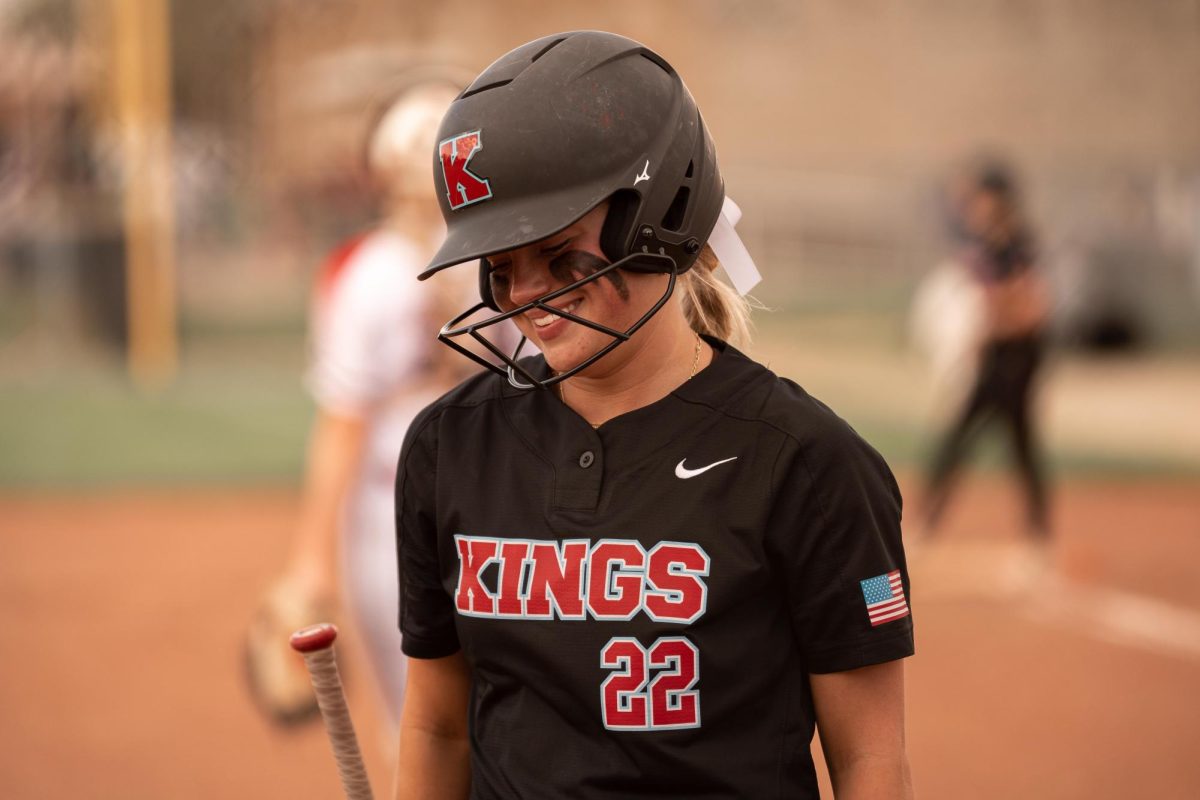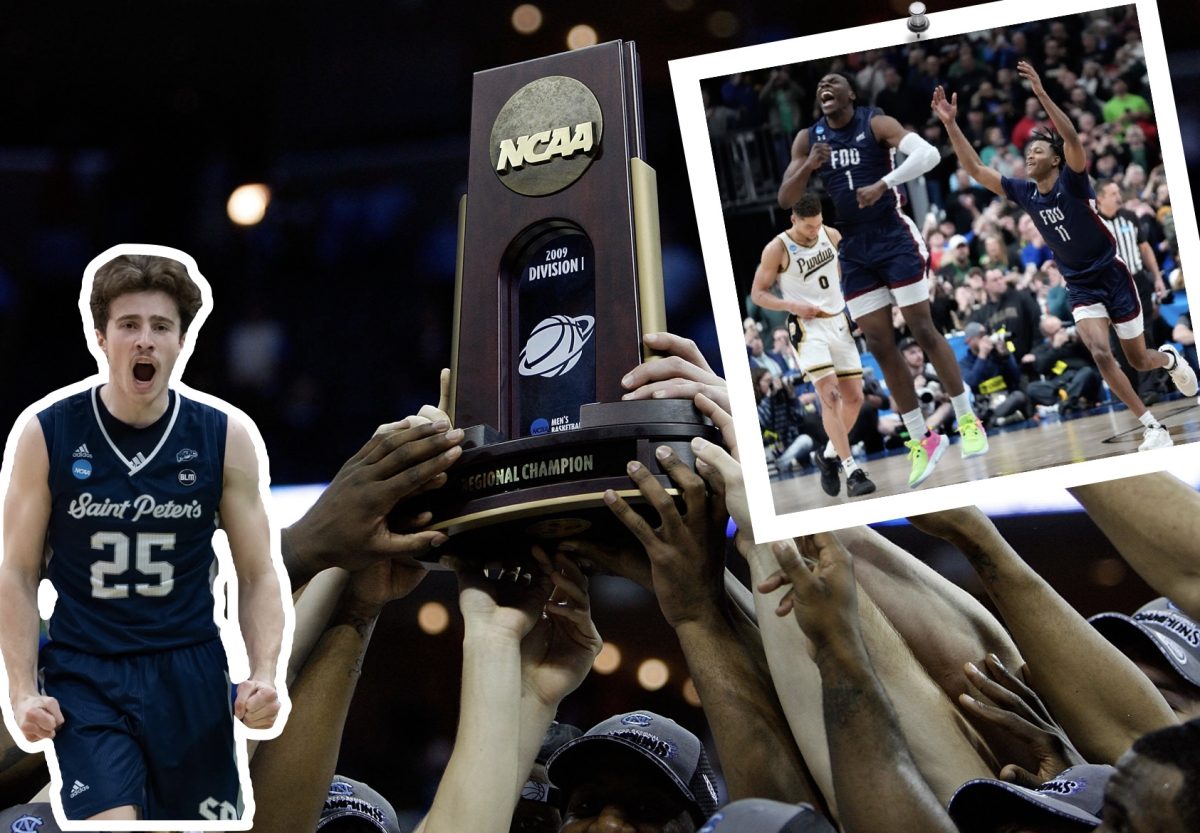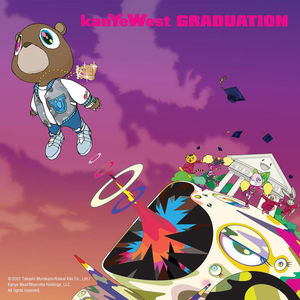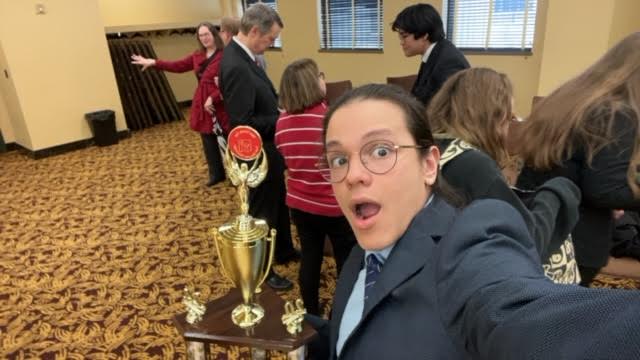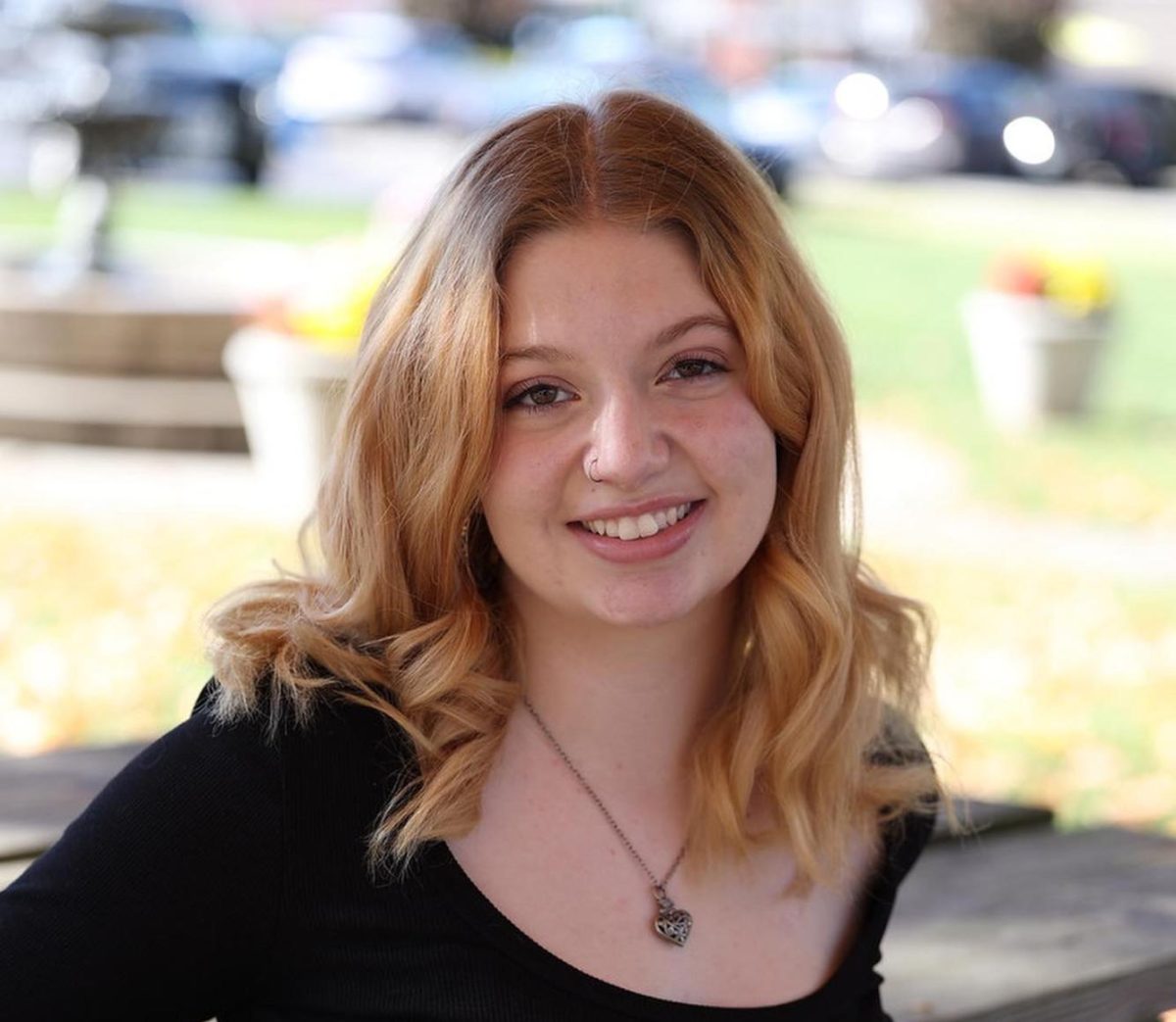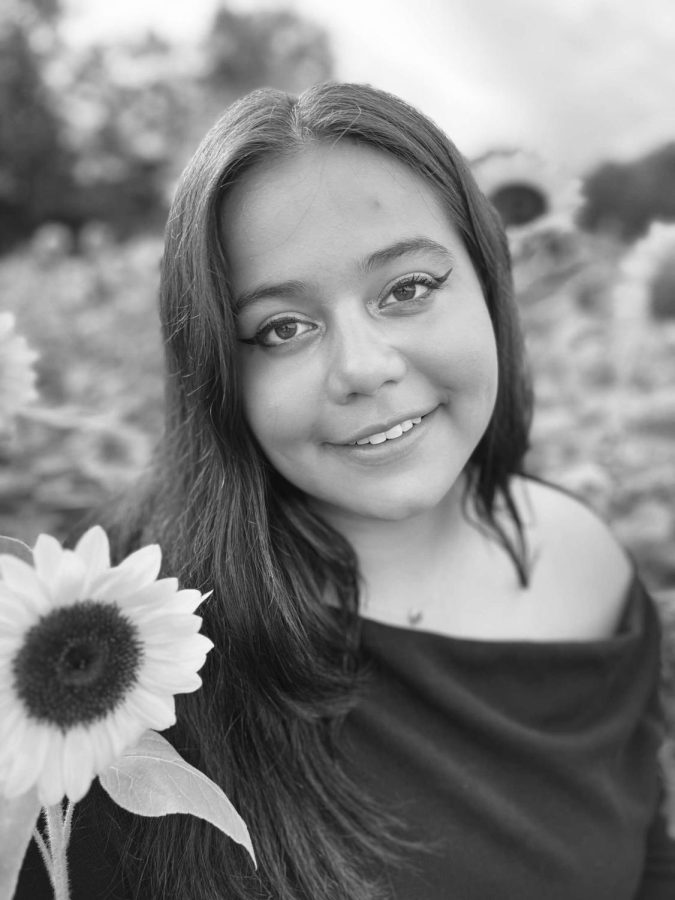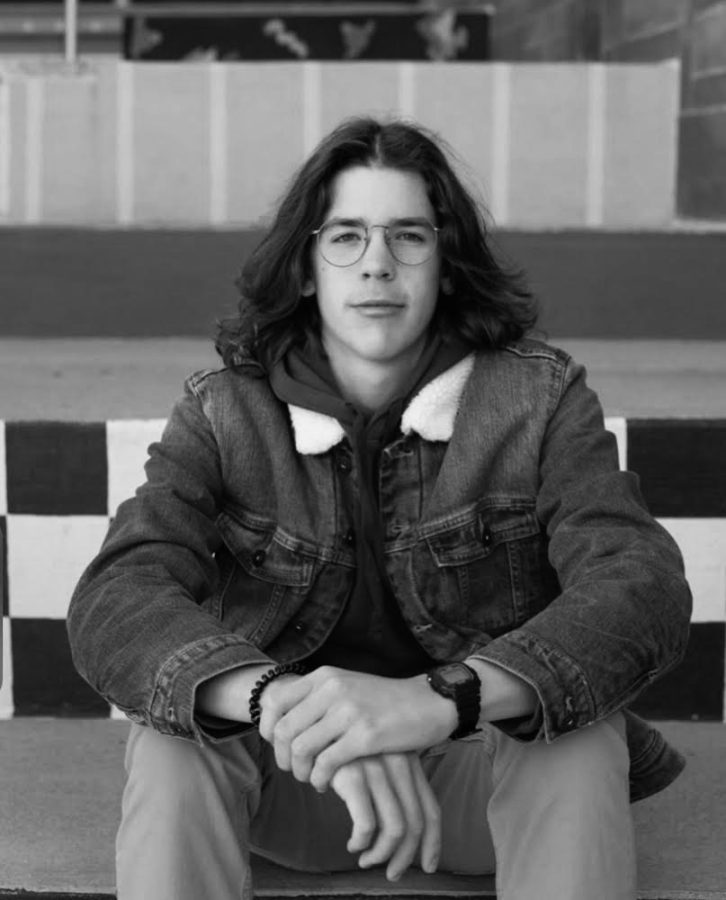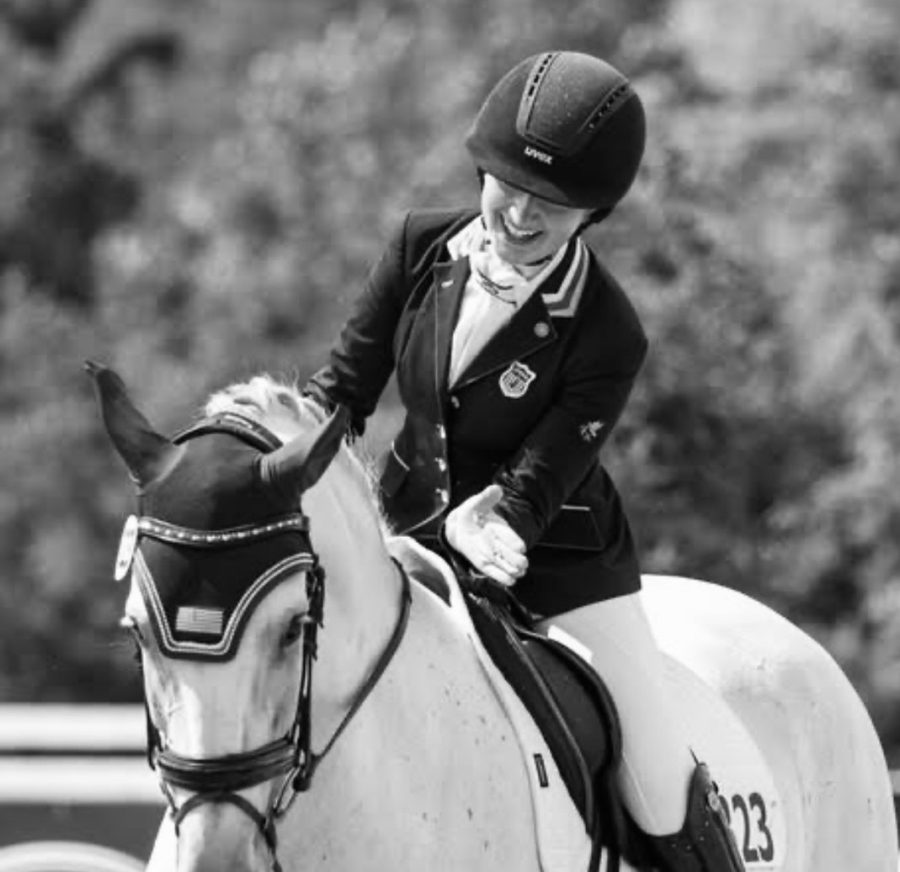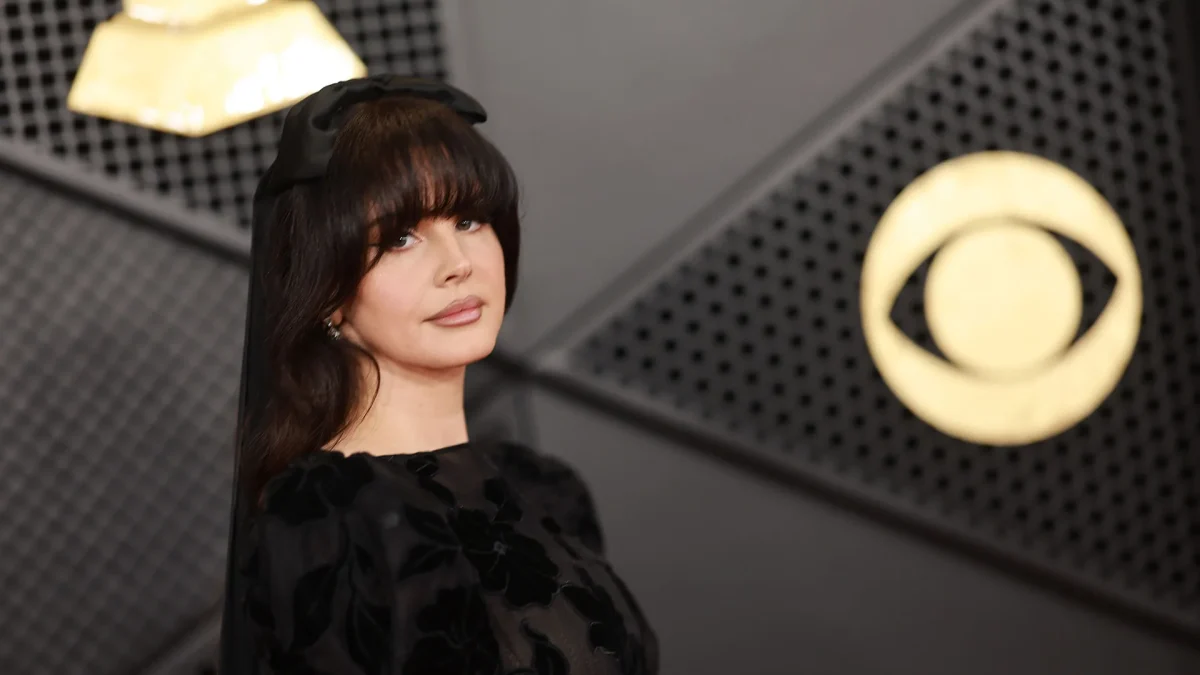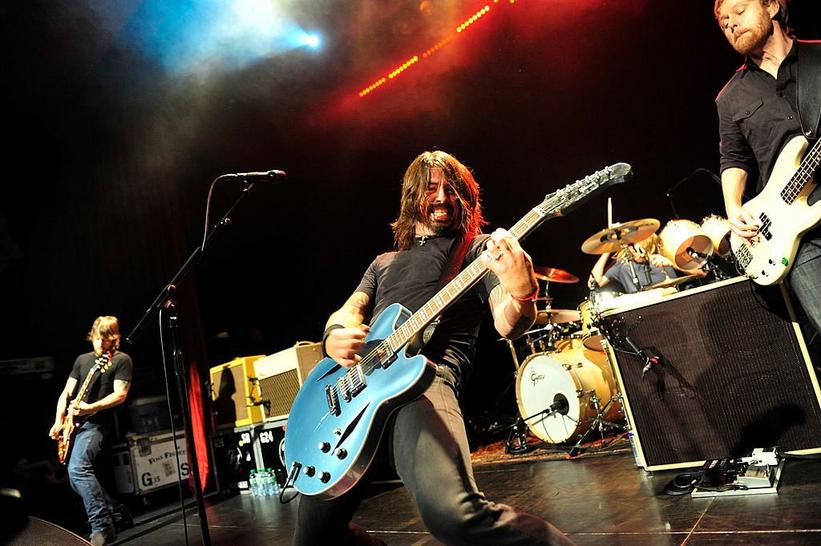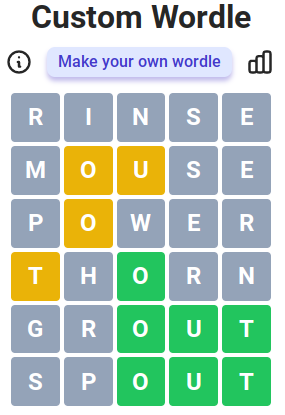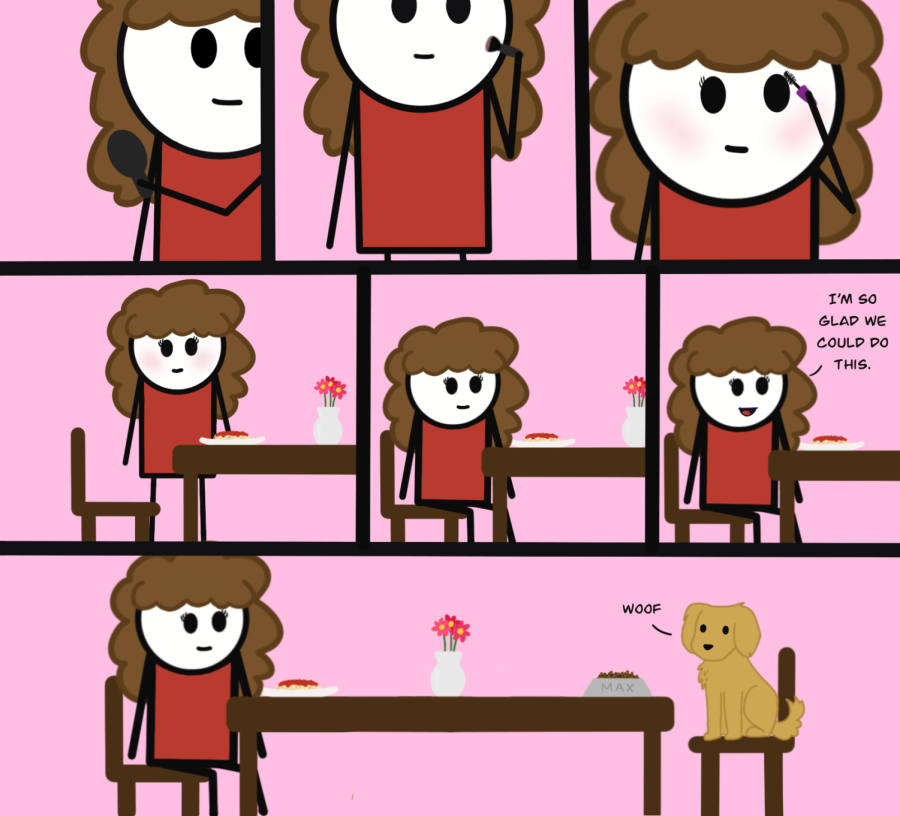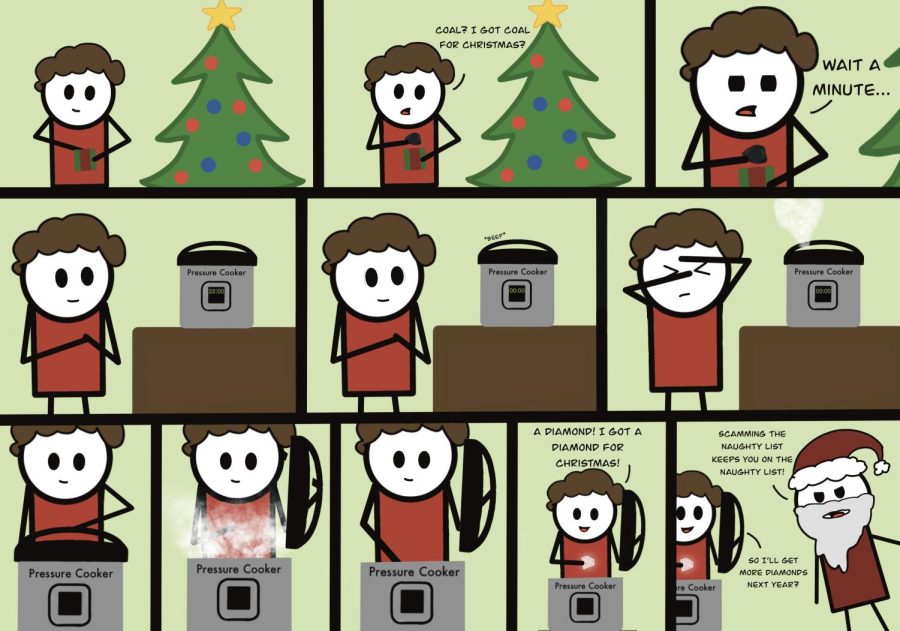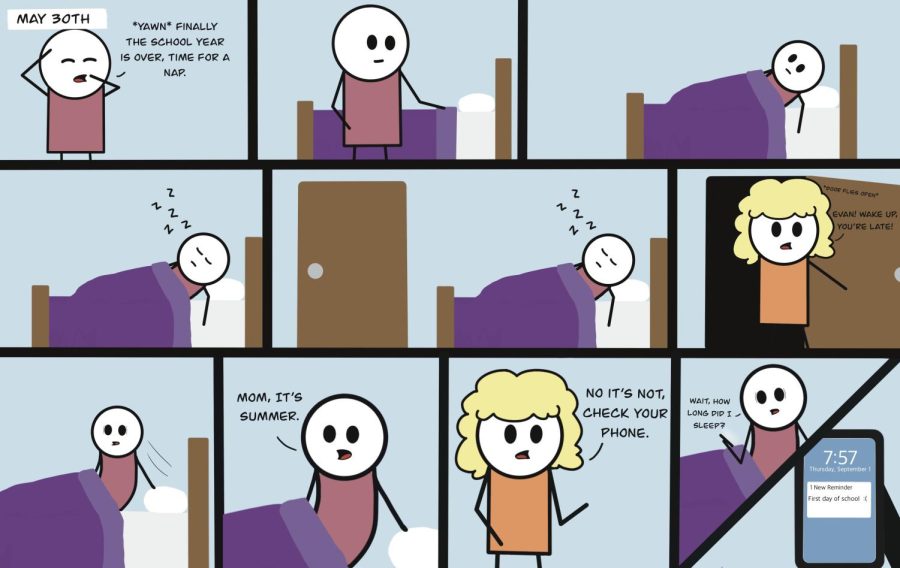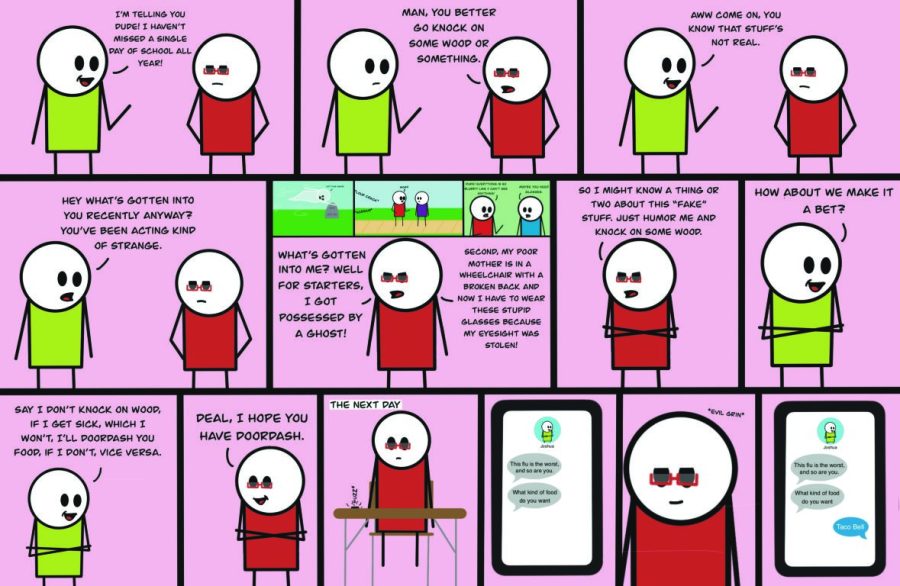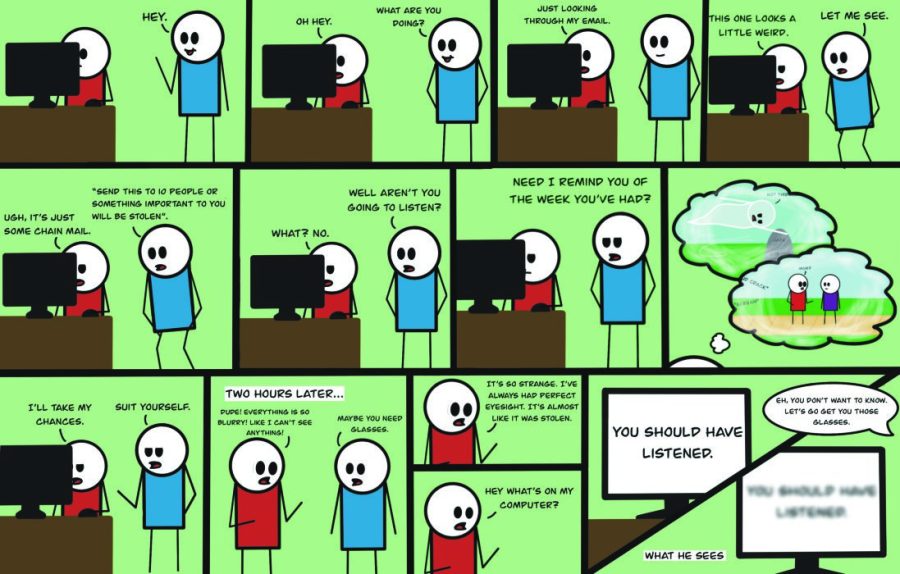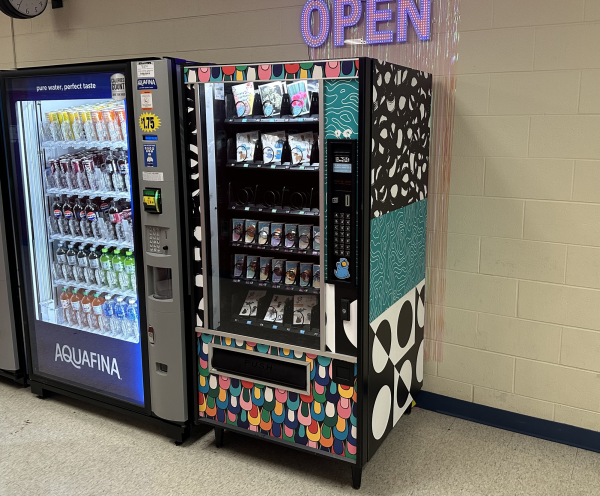School board candidates voice opinions on Critical Race Theory

Kings School Board Meet the Candidates Night, pictured from left to right Karen Burton, Kim Chambers, Deb Cowan, Rob Gaier, Janelle Groff, Scott Schitter, John Skerl, Sara Spencer
Critical Race Theory, a law theory discussing the ways in which we can dismantle systematic racism in our legal system, has fueled conversations about the upcoming board election in which eight candidates are running for three open spots.
Janelle Groff, John Skerl, Deb Cowan (incumbent VP of the board), Kim Chambers, Sara Spencer, Karen Burton, Rob Gaier, and Scott Schitter are the candidates on the ballot.
Critical Race Theory (CRT) is a hot topic nationwide, coming to light as a core issue in many school board elections across the country. Kimberlé Williams Crenshaw, a law professor at the U.C.L.A. School of Law and Columbia Law School, coined the term Critical Race Theory. In her interview with The New York Times, she defined it as, “ ‘a way of seeing, attending to, accounting for, tracing and analyzing the ways that race is produced,’ she said, ‘the ways that racial inequality is facilitated, and the ways that our history has created these inequalities that now can be almost effortlessly reproduced unless we attend to the existence of these inequalities.’”
The definition of Critical Race Theory is widely disputed. The Heritage Foundation, a conservative think tank, attributes a list of characteristics to the theory, including the idea that CRT promotes the “Marxist analysis of society made up pf categories of oppressors and oppressed.” Centrist think tank, Brookings, says that, “CRT does not attribute racism to white people as individuals or even to entire groups of people. Simply put, critical race theory states that U.S. social institutions (e.g., the criminal justice system, education system, labor market, housing market, and healthcare system) are laced with racism embedded in laws, regulations, rules, and procedures that lead to differential outcomes by race.”
The Knight Times spoke to Karen Burton, Scott Schitter, and Rob Gaier who have been vocal in their opposition to CRT after a parent reached out to Burton to tell her that CRT was being taught in second grade classrooms. A separate parent who had concerns about the book Stamped: Racism, Antiracism, and You being taught in the senior level elective class, College Reading and Writing also approached Burton.
“In February, I had a friend of mine come and tell me that her daughter, who is a straight A student, was upset about this book. She couldn’t finish it because it was speaking against Christians.” According to Burton, this student claimed it’s against the church. “I checked out the book with the intent of reading the book so I could have a discussion with her mother about how it could help her navigate through [college]. [The book] actually says all white people are racist, and our country is incurably racist. I actually recommend it to people who don’t understand what a different side of the issue is.”
Stamped From The Beginning is a book by Ibram X. Kendi aimed at adult readers who want to investigate racism throughout history. There are two other versions of the book, Stamped: Racism, Antiracism, and You, a remixed version of the book by Jason Reynolds, is aimed at young adult readers. It examines how segregation, assimilation, and anti-racism have played out in our history. The children’s version, titled Stamped: For Kids, is aimed at a younger audience with the goal of introducing racism as a concept to a younger age group in hopes of preventing it in future generations. The Stamped series of books has been pegged with promoting Critical Race Theory. Jason Reynolds’ version was the only book being used in the district last year.
Scott Schitter defines Critical Race Theory as, “Anti-USA political speech. It’s trying to divide our country, and it’s being divided by race.”
Candidate, Janelle Groff defined Critical Race Theory differently.
“[It’s] a theory that’s taught in post graduate-school. The book, Stamped is not Critical Race Theory. Teaching kids an accurate understanding of history is not Critical Race Theory.”
Parents and community members expressed concern that CRT is being taught at Kings during an open-mic school board session this year.
“I don’t believe at Kings our teachers feel pressured to teach that stuff. I’ve had conversations with a couple of English teachers in the high school, and I think they’re teaching empathy and I think they’re trying to prepare [students] for going to college or going to trade school, or going out to work in the military and be open to the world,” Janelle Groff said.
Other candidates have stated that while CRT is not directly part of the curriculum, its influence is still present. Scott Schitter voiced his opinion that, “It’s the little things that are creeping in.”
Kim Chambers claims that there is confusion surrounding what CRT is and what it is not.
“CRT is a law school theory. A lot of people are lumping CRT in with anti-racism education.”
Chambers outlined what they believe should be taught in Kings Local schools stating that kids need to learn, “the knowledge necessary to fix this centuries long mess [racism in our nation].”
Incumbent Deb Cowan’s view on the matter is one that stems from the position of someone directly involved with the school district, “[Critical Race Theory] refers to a higher level, legal definition taught in law school, applied to a much higher level than we’re dealing with at the school district level.” She goes on to assert that, “CRT is not a part of the approved curriculum of Kings.”
Cowan is also a firm believer in inclusivity and diversity.
“I support diversity and inclusion. I support teaching real history and having truthful discussions that are age appropriate.”
John Skerl, running mate of Janelle Groff and Deb Cowan, agreed with his partners’ statements, “We’ve spoken with administrators. We’ve spoken with principals. We don’t see it at the schools.”
At the time of deadline, Sara Spencer had not responded to the Knight Times, though her answers in the Board Election Questionnaire were clear.
“I also believe that there is no place in society for discrimitation or racism. In my opinion, our schools should be the safest place next to a child’s home.”
As discussions of Critical Race Theory flare up in the community, another topic regarding diversity and inclusivity has come up at board meetings during campaign season, namely the presence of Black Lives Matter flags and LGBTQIA+ flags in classrooms.
In reference to LGBTQIA+ flags, Burton claimed that the presence of such flags promotes division. “It’s an ideology that includes some people, but not all.”
Scott Schitter believes that Black Lives Matter is a political organization, “To say it’s not, I think we’re kidding ourselves.”
Schitter has concerns with certain flags in the classroom, stating that teachers shouldn’t, “try to either push or persuade people to their personal beliefs, be it political, be it religious, be it sexual.” However, he agreed that, “If the community wants to allow [BLM flags in classrooms] to go on, then we would allow them.”
Cowan wants inclusivity to be felt at Kings and sees these flags as one possible pathway.
“Teachers have rights to freedom of speech. And as long as you know, their displays are expressed in an appropriate manner, I don’t really have an issue with it.” Cowan also stated that, “I want to make sure everyone feels welcome. And if a teacher feels like this is the way to make people feel welcome then I don’t have a problem with that.”
Kim Chambers is part of the LGBTQIA+ community, which brings forth another perspective on pride flags in classrooms and halls, “To see that representation, that yes, you matter, and yes you are seen.” Growing up, Chambers didn’t have as much representation in the media as other kids, something they would like to see more of for kids who are Black, Indigenous, and People of Color as well as LGBTQIA+ kids.
Cowan expressed her hopes for the future of the board and the community with a positive outlook.
“Whatever happens in the election, that’s what the community chooses. I hope whatever direction the board goes, that it’s really in the best interests of all of us because after November 2nd, we all have to live in this community and we all want what’s best.”
Want to show your appreciation?
Consider donating to The Knight Times!
Your proceeds will go directly towards our newsroom so we can continue bringing you timely, truthful, and professional journalism.

Kings High School Senior, Colin Emery, Is a writer on the news department at The Knight Times. Colin enjoys creating in both a text form and a visual...



